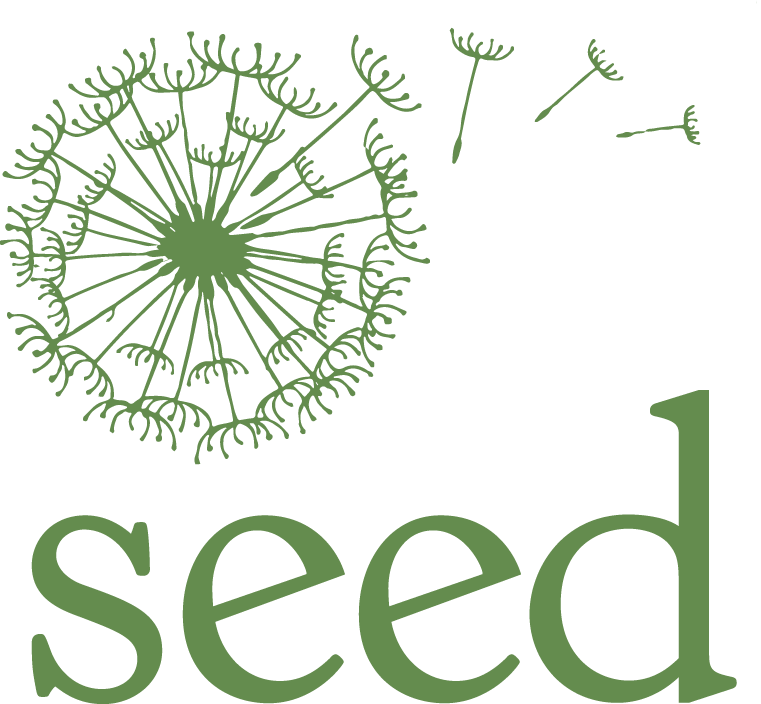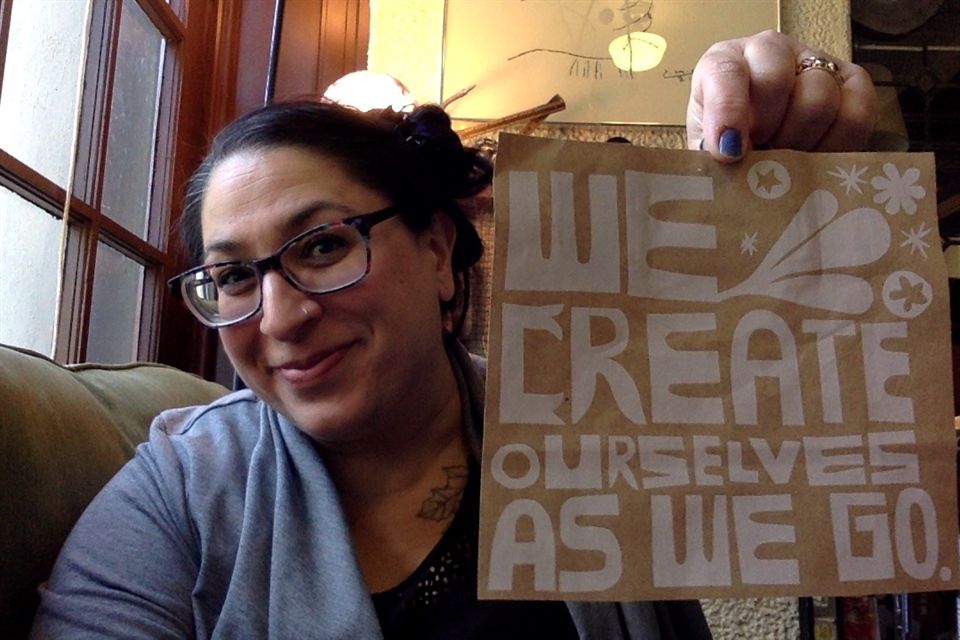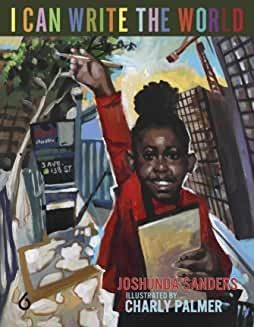Embracing the SEED Project
7/28/2021
Melissia Mason
Each summer, a select group of educators are chosen to attend SEED (Seeking Educational Equity and Diversity)SM New Leaders Week. This immersive experience is designed to train leaders to facilitate conversations that drive personal, organizational, and societal change toward social justice. Our own Interim Assistant Director of Diversity, Equity, and Inclusion (DEI) Gemma Halfi had the opportunity to attend SEED New Leaders Week this summer and returned equipped and excited to facilitate the first SEED Project at Emma Willard School.
The SEED Project started at Wellesley in 1987 as a way of giving teachers the tools to conduct professional development in their home schools. Those who are chosen to attend the SEED Project must be recommended by their school leadership, have a background in diversity work, and demonstrate buy-in from their organization to continue supporting the work after the training.
“SEED gives a chance to deeply reflect and story-share about our own complex identities and how they have impacted our life experiences,” Gemma shares. More than a set of lessons and curriculum, SEED learning is inextricably linked to participants’ willingness to be vulnerable and authentic. “No one is wrong when they share their own story,” she explains, “and that creates powerful learning opportunities.”
As Gemma prepares to facilitate SEED for adults in the Emma community this fall, she took a moment to share some of the most impactful moments from her own training. “I was struck by how vital the act of reflection is to DEI work,” Gemma recalls. Although she thought herself to be a reflective person, she found that the moments of dedicated reflection revealed that this skill set is often neglected. “We read the poem ‘Girl’ by Jamaica Kincaid and were encouraged to write our own version exploring messages we heard growing up,” she shares. “When you’re forced to sit and write, your eyes are opened to how key intentional, guided reflection is to this work.”
The first round of SEED is expected to be offered for Emma employees starting this fall. Those who choose to participate can look forward to at least 24 hours of time committed to this important work over the course of the school year. “We go through all different categories of identity and how they intersect,” Gemma explains. The group will use tools like art projects, children’s books, and share sessions to explore everything from gender to race to ability to class to religion to sexuality and beyond.
Participants will explore the windows and mirrors philosophy, one of many metaphors used to explore identity during SEED. In DEI work, a mirror is a story that reflects your own culture and helps you build your identity, and a window is a resource that offers you a view into someone else’s experience. “If you’re in a place that only has mirrors, you can become self-centered. If you’re in a place that only has windows, you will likely begin to believe that you don’t matter,” Gemma adds. “It’s not just about what you see on the walls and in the physical surroundings, but also how curriculum is chosen and presented, what kind of language is or isn’t being used, how food is selected and prepared, and so much more.”
Drawing on her experience designing the Cluett House program, Gemma plans to facilitate content that best fits the composition of our community. The identities represented in the group will be dependent upon who signs up.
At the core of SEED work is creating a community where individuals feel comfortable in sharing. “Although this type of vulnerability can be risky, it’s where the best learning happens,” Gemma says. In order to support this framework, the group will be subject to ground rules, which include being respectful of confidentiality.
By listening to others' voices, learning experientially and collectively, and being exposed to intersecting identities, SEED will equip participants to connect their lives to one another and to society at large. “My hope is that participants walk away feeling that they have received a gift that they want to share with others. And I hope that we cultivate fluency and comfort in having DEI conversations so that adults can then help our students thrive,” Gemma shares. “I’m most excited about providing the space and time for people to connect with one another on a deeper level.”
In the future, Gemma hopes to expand the SEED Project to include parents and alumnae, further growing the Emma community’s commitment to DEI work. In the meantime, she has provided a sampling of recommended resources (below) to move you forward in your own journey.
Reading
Viewing
Children’s Books

The SEED (Seeking Educational Equity and Diversity) Project trains leaders to facilitate conversations that drive personal, organizational, and societal change toward social justice.

Interim Assistant Director of Diversity, Equity, and Inclusion Gemma Halfi

I Write the World by alumna Joshunda Sanders '96 is one of many children's books that are useful in DEI work.














